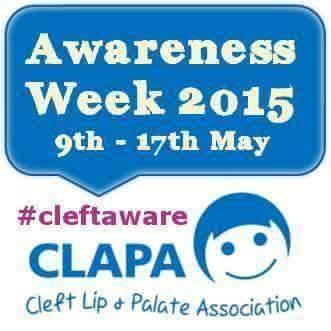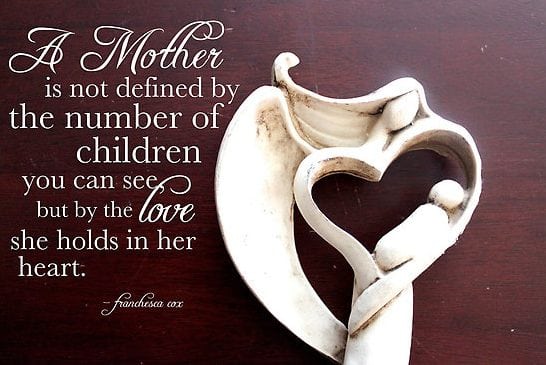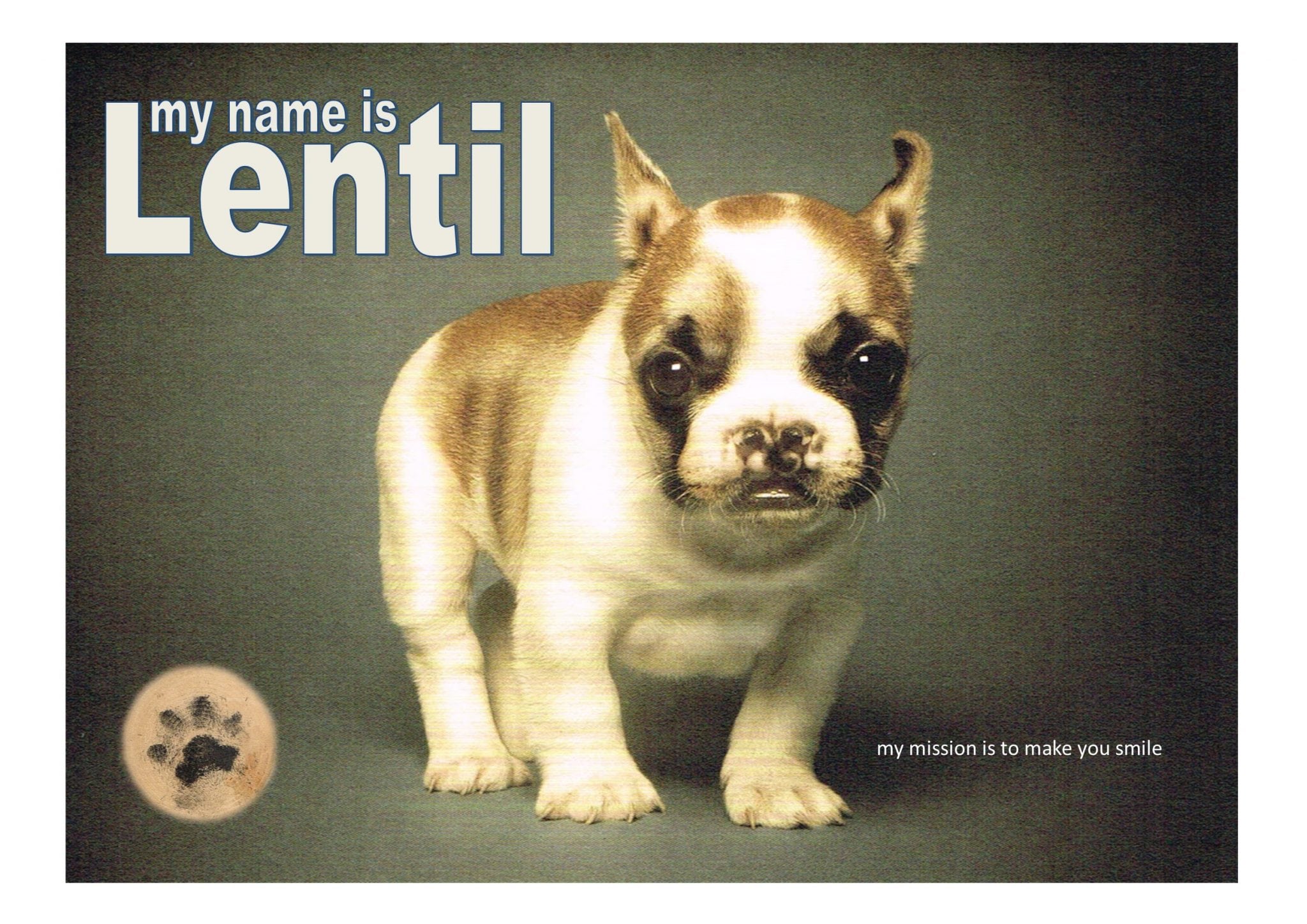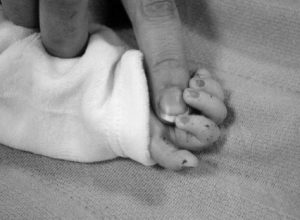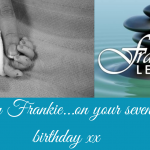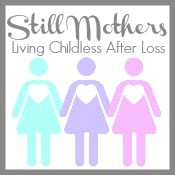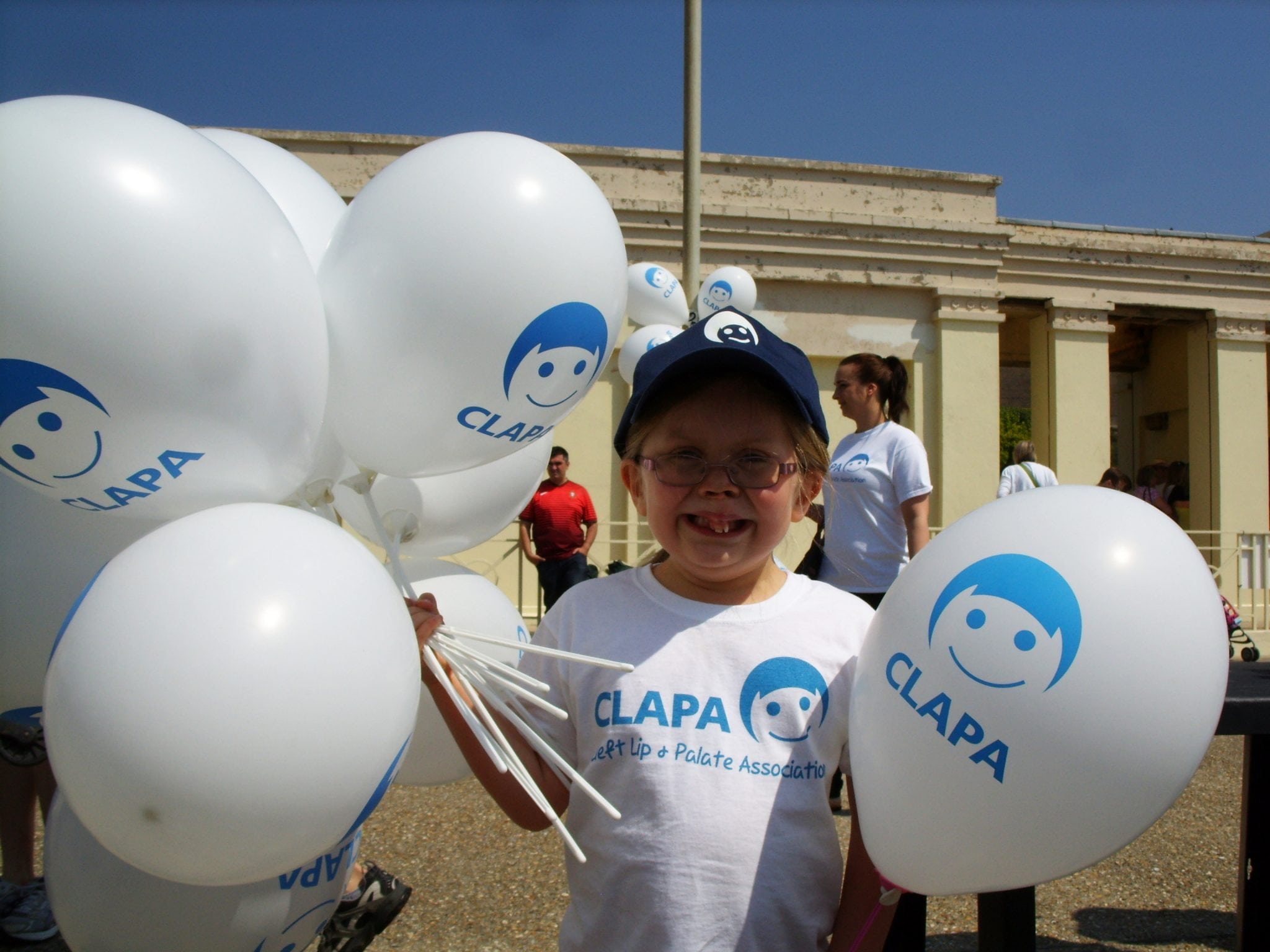 Continuing my series of interviews for Cleft Lip & Palate Awareness Week, I was lucky enough to catch up with Anna Martindale from he Cleft Lip and Palate Association (CLAPA), which is the representative organisation for all those in the UK affected by cleft lip and/or palate and the driving force behind Cleft Lip & Palate Awareness Week.
Continuing my series of interviews for Cleft Lip & Palate Awareness Week, I was lucky enough to catch up with Anna Martindale from he Cleft Lip and Palate Association (CLAPA), which is the representative organisation for all those in the UK affected by cleft lip and/or palate and the driving force behind Cleft Lip & Palate Awareness Week.
1 in 700 babies are born with a cleft every year. CLAPA works to provide non-medical services that complement the medical care provided by the specialist Cleft Teams, and aims to support people with cleft and their families from infancy through to adulthood. CLAPA is also dedicated to involving patients and parents in their treatment, and works closely with specialist Cleft Teams to improve care and raise standards across the UK.
CLAPA’s annual Awareness Week runs from 9th-17th May and is about many things. It’s about drawing attention to a condition that affects over a thousand new families a year. It’s a chance for the Cleft Community to tell their stories and get others involved. It’s about raising money and helping us to continue funding projects nationally as well as locally. Most of all, it’s a chance to celebrate!
Tell us a bit about the Cleft Lip & Palate Association and Cleft Lip & Palate Awareness Week.
Cleft is a complex condition that requires specialist care from a number of medical professionals. Around half of all children with a cleft palate will have problems with their speech, and so in 2015 CLAPA is focusing on the vital work done by Speech and Language Therapists (SLTs) in giving children born with a cleft the gift of clear communication.
CLAPA will use the week not just to highlight problems that impact the professional and personal lives of people born with a cleft, but also to tell their stories and celebrate the diversity and positivity of the Cleft Community in the UK. This will culminate in a mid-week drive to brighten up your social media feed with a #ShareYourSmile day!
Volunteers are getting involved all around the country to raise money and awareness in their local communities in a huge variety of ways, from organising bake sales to running half marathons. We also have a number of family-friendly Sponsored Walks taking place around the country which will see local parks and city centres overrun with families, patients and health professionals all uniting for a common cause.
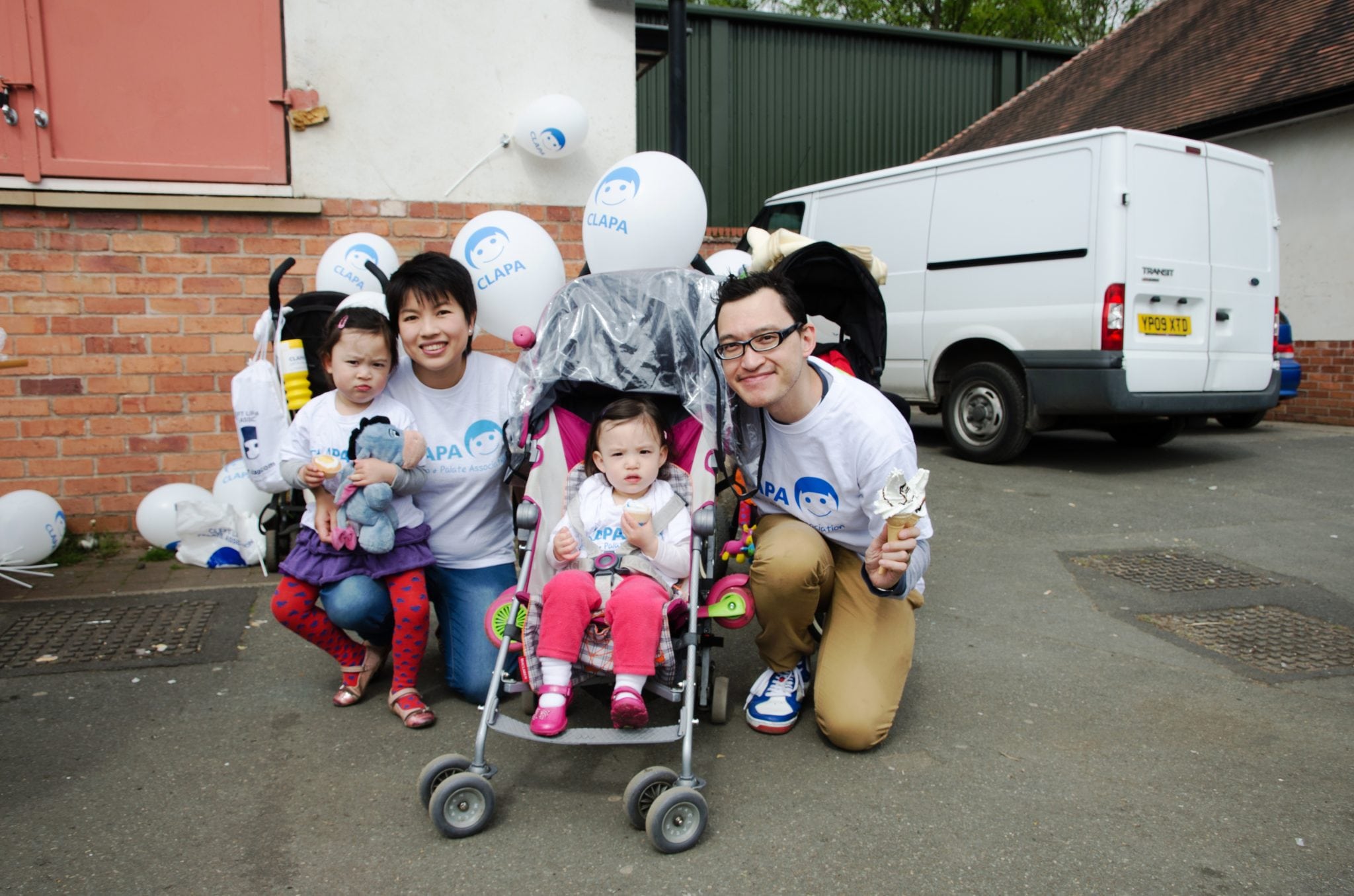 More information can be found on our Awareness Week microsite www.cleftaware.com.
More information can be found on our Awareness Week microsite www.cleftaware.com.
How long has the Cleft Lip & Palate Awareness Week been running for?
The first official Awareness Week was in 2005, but it has only really taken off since 2012 when we held our first Sponsored Walk in Brighton.
What kind of activities are planned for the awareness week?
We have ten Sponsored Walks taking place across the UK to celebrate, seven of which are during Awareness Week itself. There are also a range of events organised by local fundraisers and volunteers, such as cake sales, coffee mornings, information stalls, displays and more which we will share during the week. We also have a number of health professionals and Speech & Language Therapists who will use this week to promote CLAPA and the work we do.
This year, we have targeted schools with our Schools Pack and hope to see many talks, assemblies and events taking place to raise awareness and give children with a cleft the chance to share their stories.
What are the aims of Cleft Lip & Palate Awareness Week?
The overall aim of the Awareness Week is, of course, to raise funds and awareness by giving our community a platform to share their stories and promote CLAPA within their local networks. This year, another aim is to raise awareness within our community about cleft and speech, including the role of speech and language therapy and what parents and patients can do if they can’t access therapy in their local areas. We hope to see as many people as possible engaging with the week and its theme of ‘Speech and Communication’.
What are the current aims at CLAPA, and what campaigns are top of CLAPA’s agenda at moment?
Our principle aim is to develop local face to face support for people affected by cleft across the whole of the UK. To do this we are growing and engaging our membership to increase our volunteer capacity and we are stepping up our fundraising activities so that we can appoint 9 Regional Coordinators across the country to support local activities.
Our current main campaign is to improve access to Speech and Language Therapy for children who need it. We have three key messages:
- Speech and Language Therapy is important
- There are ways that a family can “fight” for treatment if it is not being provided
- There are things a family can do to support their child whilst they are trying to access professional help
There are lots of other topics we are interested in campaigning on in the future:
- dental health,
- care for adults returning for treatment,
- transition to adult care for children
- reducing the number of appointments where patients Do Not Attend (DNAs)
What is the most rewarding thing about Cleft Lip & Palate Awareness Week?
We often get feedback from families to say how much they appreciated our support, particularly at key times such as when they first have a diagnosis or when their baby is born. It’s very rewarding to know that our work helped someone at a difficult time and we know that if parents have adjusted to having a child with a cleft this greatly improves the child’s chances of growing up happy and confident. It’s also great to meet children and young people growing up with a cleft and see how they grow in confidence as they attend our events, we’ve had amazing emails from families about the difference it has made.
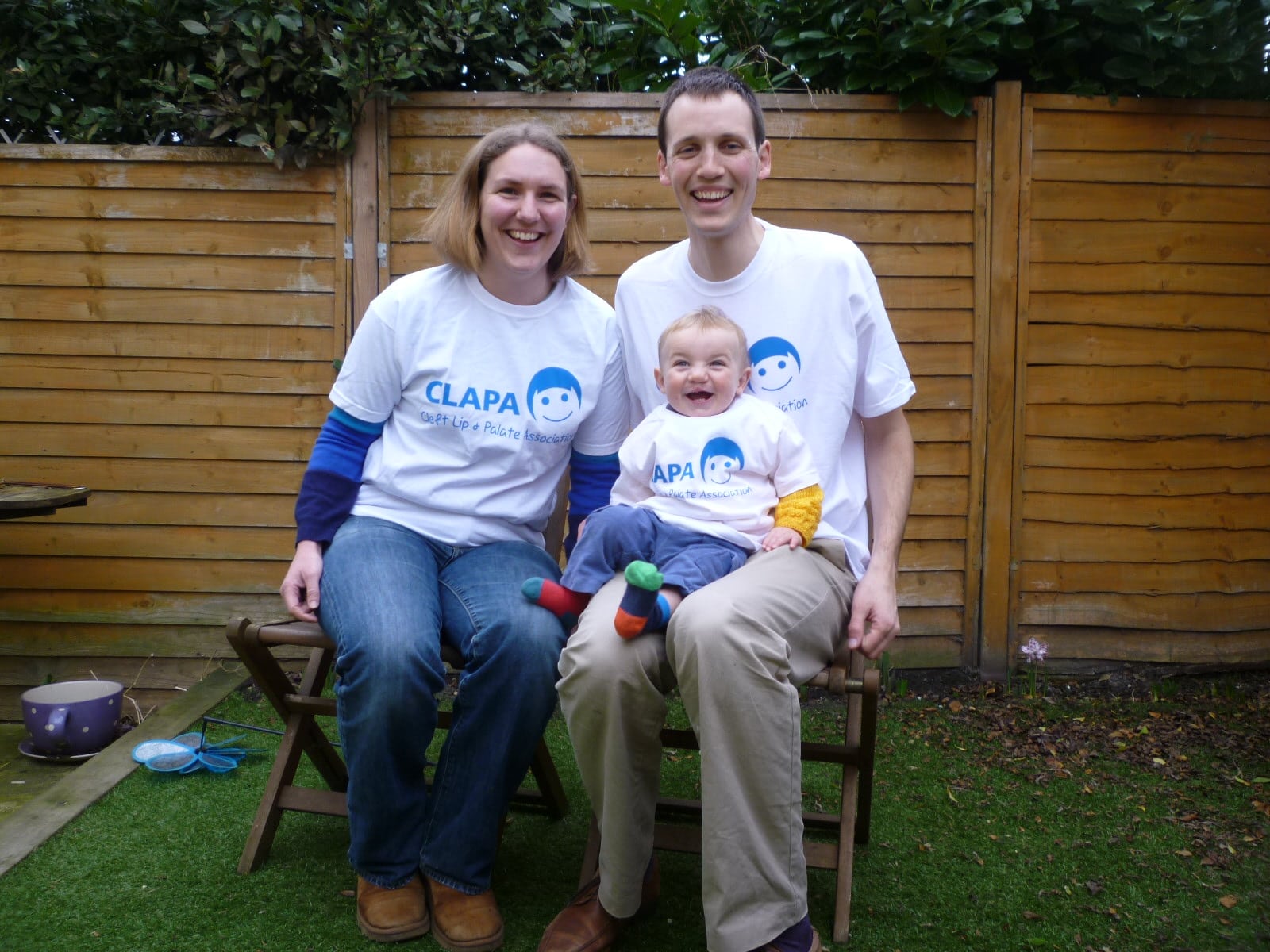 What is the most memorable event, fundraising event or campaign that CLAPA has done so far?
What is the most memorable event, fundraising event or campaign that CLAPA has done so far?
CLAPA was very involved in the centralisation of cleft services back in 2000, this was a crucial but difficult time for CLAPA as some families felt that CLAPA should have been fighting to keep services local but recent research has shown that cleft care has improved as a result of centralisation.
Two year’s ago Carmit Bachar (Pussycat Dolls) gave us an interview on her experiences of growing up with a cleft as part of our campaign on bullying and that created a lot of media interest. The video is up on the microsite www.cleftaware.com.
Describe a typical day at CLAPA.
That depends on where you are – the team in the office in London will be taking care of the day-to-day running of CLAPA such as finances, membership and communications, and they will also be busy taking calls from families ordering feeding equipment. We get all sorts of calls during the day – everyone from pregnant women who have just received a diagnosis to adults looking to get back into care. We aren’t medically trained at CLAPA, but we always do our best to provide support and signpost people to the most appropriate service, whether it’s one of ours (such as Parent Contacts) or to the Cleft Team.
We will also be working on projects such as funding applications or sending out fundraising packs or attending external meetings to represent CLAPA and people affected by cleft. In the regions, the Regional Coordinators aim to be out and about half of their time, visiting volunteers and cleft teams or working from home putting together activities and events for local families.
As we are still a small charity, our staff are often involved in several different projects at once, which helps to make sure no two days are the same!
What do you feel are CLAPA’s biggest achievements?
Our biggest achievement is in building a strong community of people affected by cleft who can support each other and provide a patient voice. We provide high quality information and much needed services and we put patients at the centre of everything we do. We’re very proud of our CLAPA Community!
Where do you see CLAPA being as a charity in five years’ time?
We will have grown into a £1m organisation with Regional Coordinators in all 9 regions across the UK.
What advice would you give to someone starting out as a fundraiser/volunteer for CLAPA?
Every little helps – however much or little people can give us in money or time it all helps to build the organisation. The majority of our income comes from Community Fundraisers doing things like running the 10k or jumping out of aeroplanes. You will also get huge satisfaction from being involved and will also learn new skills and enhance your CV.
How can people get involved with CLAPA or apply to volunteer, fundraise or become a parent contact?
If you want to get involved with CLAPA then you can start by applying to become a volunteer or fundraiser. Volunteers are invited to attend one of our Induction Days and Parent Contacts have further training. Fundraisers will receive a fundraising pack and lots of help and advice from our fundraising team to make the most out of their event.
Contacts: fundraising@clapa.com or volunteering@clapa.com
